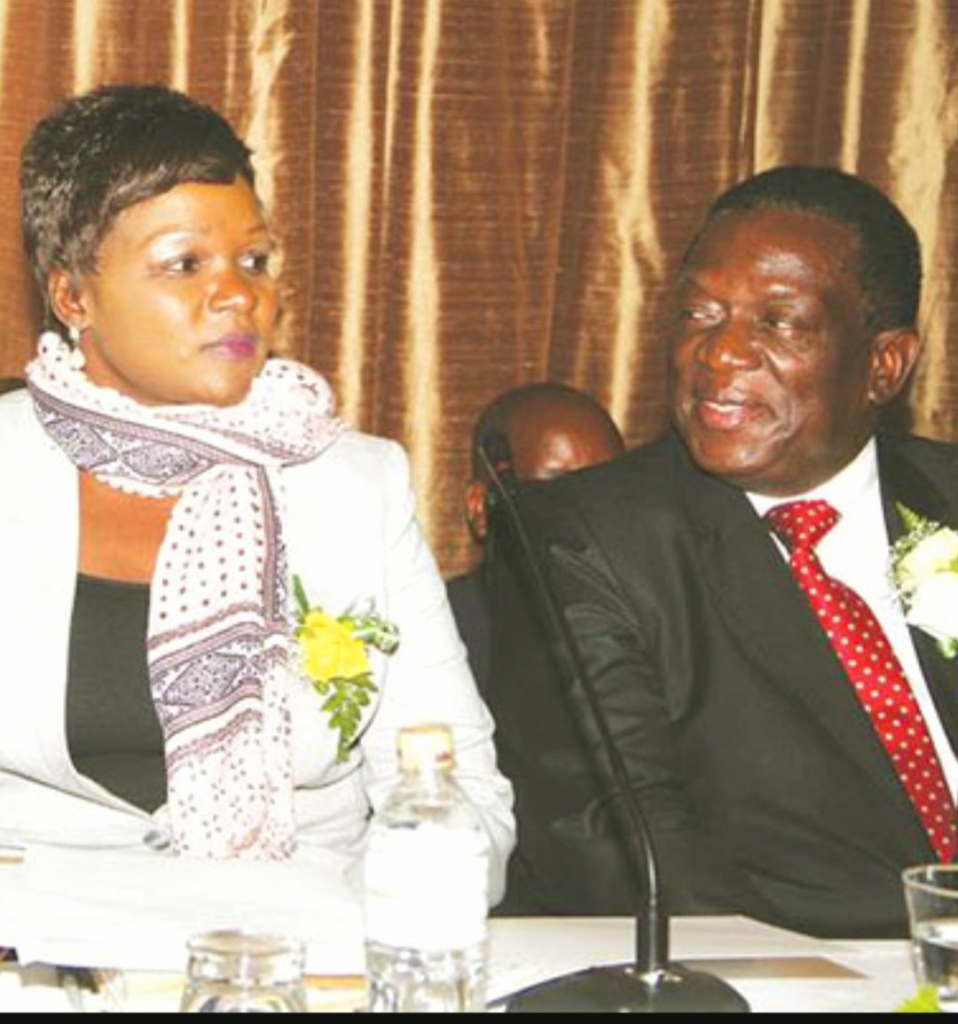HEADLINE: SHADY INVESTORS TO BUY ZIMBABWE BANK, DOCUMENTS REVEAL

President Emmerson Mnangagwa and Attorney-General Virginia Mabiza are planning to sell the People’s Own Savings Bank (POSB) to a group of unknown investors. These investors claim they will provide $70 million in capital and a huge $6 billion loan. However, documents suggest that these investors may be scammers.
Mnangagwa and Mabiza have chosen a company called Hebrew Investment Group (HIG) to take over POSB. HIG is led by Morris Brown Gwedegwe, a supporter of Mnangagwa’s party, ZANU PF. Gwedegwe is a controversial figure who was once a member of the Zimbabwe Defence Forces Service Commission under Robert Mugabe.
According to the documents, Mnangagwa instructed that HIG be allowed full access to POSB’s resources without proper background checks. The deal bypasses normal public bidding processes and ignores advice from Zimbabwe’s investment agency and the board of POSB. This raises concerns about corruption and money laundering.
POSB is an important bank in Zimbabwe. It handles many civil servant salaries and pension payments. Selling it to unverified investors could put people’s savings at risk. The lack of transparency has made many people worry that the deal is not in the public’s best interest.
HIG has no known business history. They do not have a website or any publicly available financial records. Some experts fear that Mnangagwa and Mabiza are blinded by the promise of billions, ignoring the risks involved.
The deal would give HIG 70% ownership of POSB for $70 million. The government would keep only 10% of the bank, while private investors would hold the remaining 20%. This means that most of POSB would no longer be under government control.
Despite the risks, Mnangagwa and Mabiza appear determined to move forward. Mabiza recently sent a letter introducing HIG as a partner and stating that HIG representatives would soon visit POSB to inspect its facilities. She also ordered POSB to fully cooperate with HIG.
Documents show that some officials had warned against the deal, saying that the investors seemed untrustworthy. These warnings were ignored. A former Reserve Bank of Zimbabwe official explained that such schemes often aim to launder money or commit fraud. The official noted that these offers frequently come from individuals or groups promising large sums of money but ultimately have bad intentions.
The Reserve Bank of Zimbabwe, however, denies any sale of POSB. The governor, John Mushayavanhu, issued a statement calling the story false. He said the bank had not received any official requests to approve the sale. Nevertheless, the documents indicate that negotiations are still ongoing, and the deal has not yet reached the stage where the Reserve Bank’s approval would be needed.
Critics of the deal say that it should follow proper procedures. Public assets like POSB should only be sold through transparent processes. By handpicking a dubious investor, Mnangagwa and Mabiza are undermining trust in public institutions and putting the bank’s future at risk.
The proposed sale of POSB has raised serious questions about governance and accountability in Zimbabwe. Many believe that such a significant transaction must be open and fair to ensure that the public interest is protected. The current lack of transparency and the involvement of unverified investors have fueled doubts about the integrity of the process.
As the negotiations continue, the public is watching closely. They hope for a fair resolution that prioritizes the needs of ordinary citizens over questionable deals.





The lack of transparency in selling such an important public asset is shocking. This move undermines public trust and puts everyone’s hard-earned savings at risk. It’s clear that the public’s interests are not a priority here. This deal appears to benefit a select few at the expense of ordinary Zimbabweans who rely on POSB for their financial security.
This deal is a blatant attempt to sell out Zimbabwe’s financial resources to shady investors. How can the public trust a process that bypasses proper checks and balances? Choosing a company with no known history or credibility is highly suspicious. This could very well be a cover for money laundering or a major fraud operation.